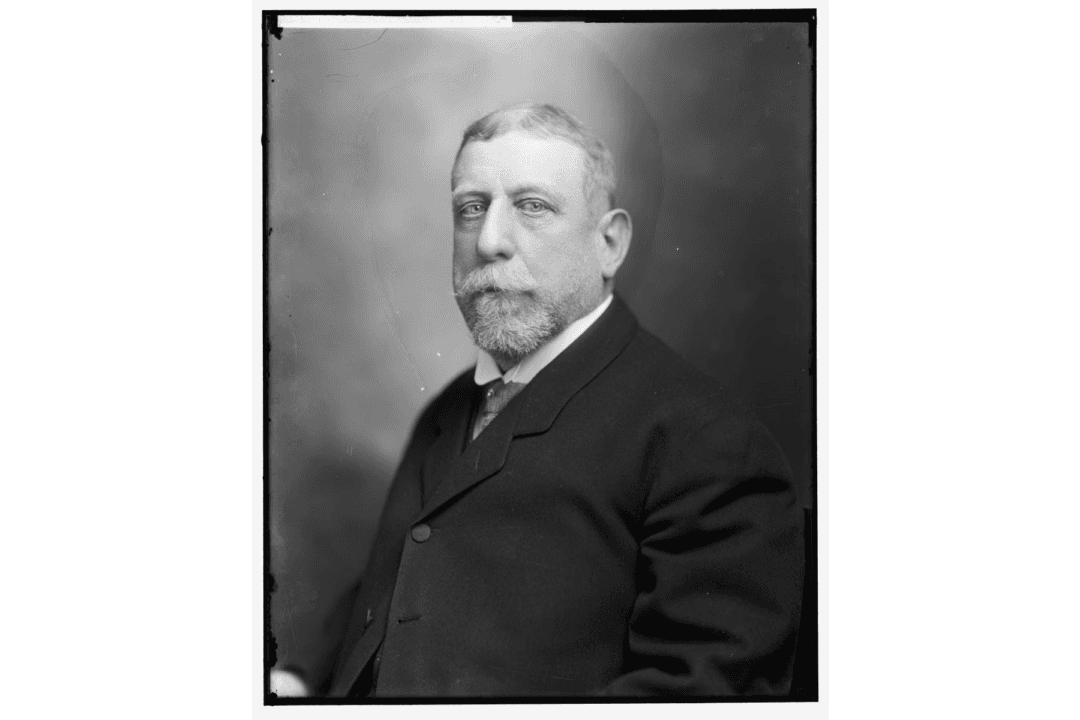Born in Philadelphia, Charles Stockton (1845–1924) came from a religiously devout lineage and a long line of excellent writers. Conscience, law, and writing talent coalesced into one of the most important American naval officers of the late 19th and early 20th centuries.
Stockton was the second of 13 children. His father William was a businessman, who later became a rector for the Episcopal Church in Pennsylvania around 1859. Stockton was educated at the Germantown Academy and enjoyed playing cricket and “town-ball,” an early precursor to baseball.






